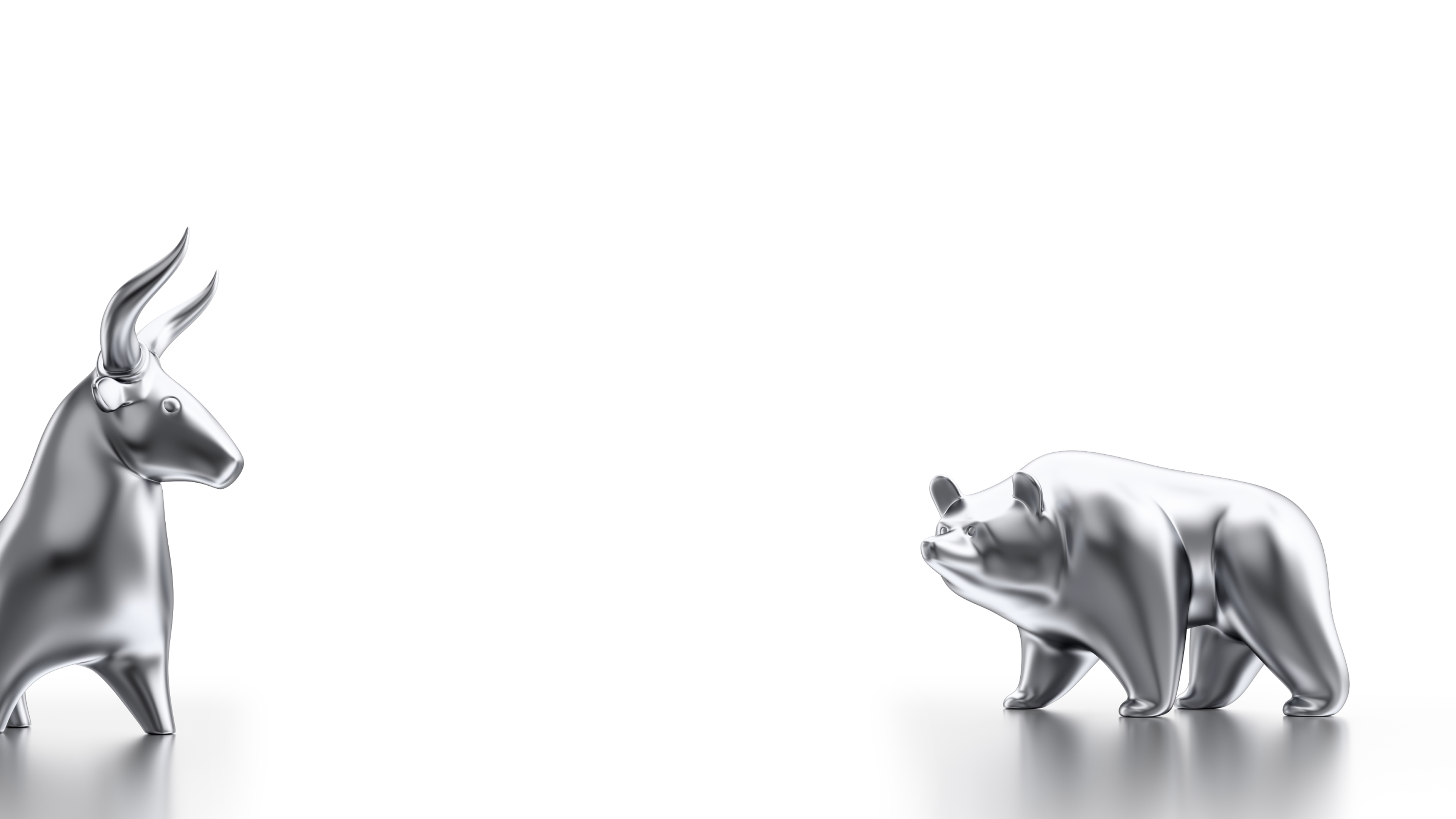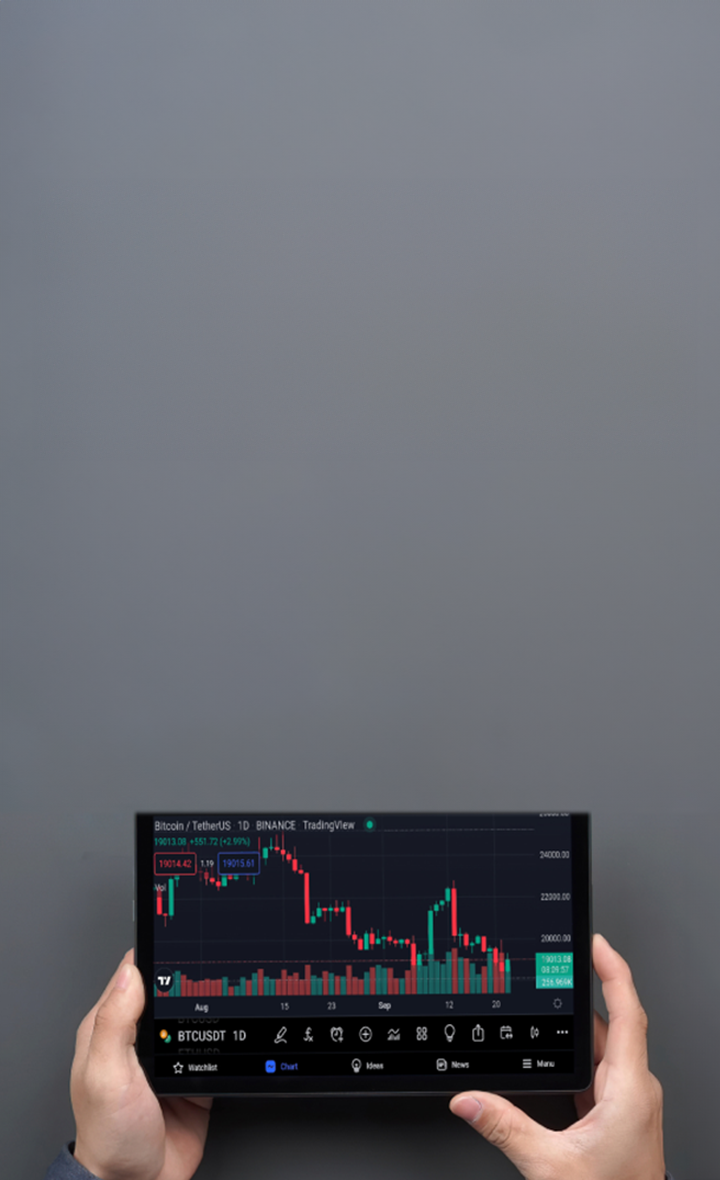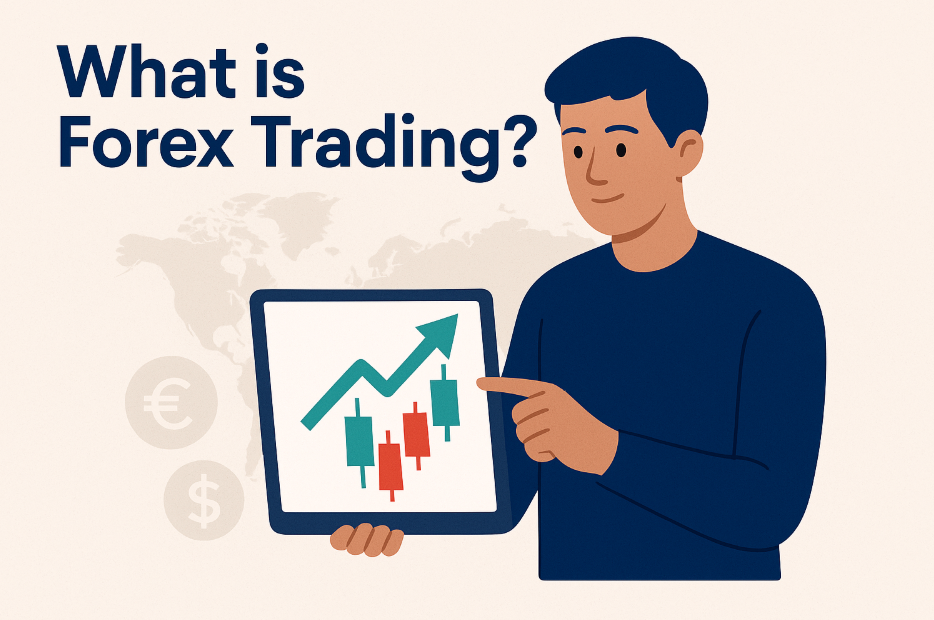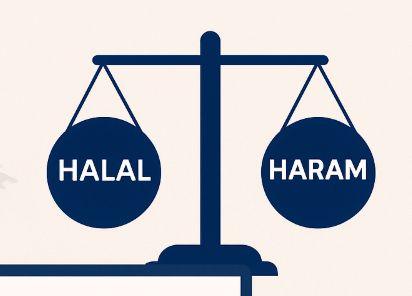

Is Forex Trading Halal or Haram in India
What is Forex Trading?
Figure 1: To understand if forex trading is halal or haram, a trader must first understand what is forex trading.
Forex trading refers to the buying and selling of currency pairs in the global foreign exchange market. It is the largest financial market in the world, where traders speculate on price movements of one currency against another.
For example, if you trade EUR/USD, you are speculating whether the euro will rise or fall against the US dollar. Traders use platforms like MT4 or MT5 to access these markets, often with leverage to control larger positions.
Learn more about forex trading with TMGM
Forex Trading Meaning in India
The forex trading meaning in India goes beyond simply exchanging money for travel or business. In the trading context, it involves participating in the global currency markets to profit from fluctuations in exchange rates.
Indian traders usually access forex through regulated brokers that offer accounts in compliance with local rules. While the Reserve Bank of India (RBI) restricts some forms of forex speculation, trading with international brokers like TMGM gives Indian traders exposure to a wider range of instruments.
Why the Halal vs. Haram Question Comes Up
The question of forex trading halal or haram arises because Shariah law prohibits gambling (maisir), uncertainty (gharar), and interest (riba). Forex trading, depending on how it is conducted, may involve elements of these prohibitions.
Riba comes into play when accounts charge overnight fees, which are considered interest and therefore prohibited. Masir refers to gambling, and forex trading falls into this category if it involves excessive speculation and is without proper analysis or strategy. Gharar relates to uncertainty, which may be present when trading is done without transparency, defined conditions, or clear contracts. These factors are why many Muslim traders approach forex with caution.
Conditions That Make Forex Trading Halal
Forex trading can be considered halal when certain conditions are met:
Trades are conducted instantly, with no delay in settlement.
There is no involvement of interest charges (such as swap fees).
The trading activity is based on analysis and informed decision-making, not gambling.
The broker provides transparent and fair trading conditions.
Some brokers, including TMGM, offer swap-free or Islamic accounts to meet these requirements.
Is Forex Trading Halal or Haram in India?
Figure 2: The judgment to figure out if forex trading is halal or haram.
In India, whether forex trading is halal or haram depends largely on how it is practiced. If you are trading responsibly through a regulated broker that provides Islamic-compliant accounts, forex trading can be halal. On the other hand, if the activity involves riba, speculation, or uncertainty, it may be deemed haram.
Indian Muslim traders need to ensure they are using swap-free accounts and applying proper risk management strategies to remain compliant with Islamic finance principles.
Trading with TMGM: A Shariah-Compliant Option
For Indian traders seeking halal trading options, TMGM provides swap-free accounts designed for Shariah compliance. These accounts allow you to trade without paying or receiving interest, while still benefiting from TMGM’s competitive spreads, fast execution, and deep liquidity.
Beginning Your Trading Journey with TMGM
Ready to explore the world of forex trading in a way that aligns with your values? TMGM gives you access to global markets with options suitable for all traders, including halal-compliant accounts.
Try a demo account today: Register here
Start trading live with TMGM: Open your live account
Learn more about trading in forex and other halal trades: Visit TMGM’s Trading Academy to learn more.
今日更明智地進行交易






賬戶
賬戶注資
交易




